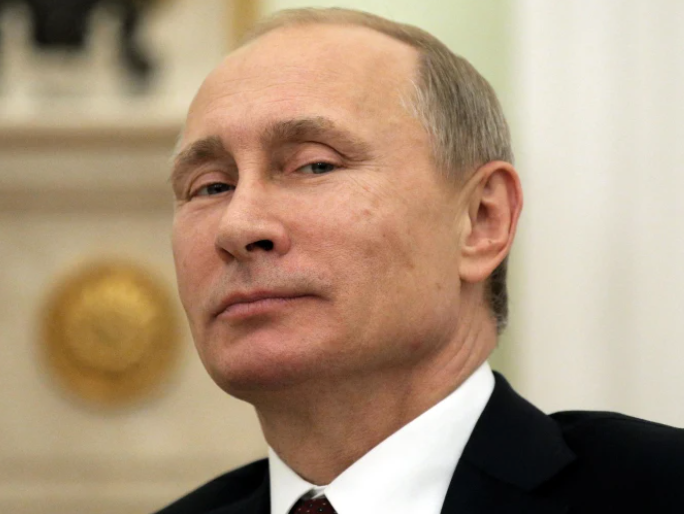$CLV25 $RBV25 #OilPrices #EnergyMarkets #CommoditiesTrading #Geopolitics #SupplyChain #OilExports #MarketTrends #EconomicImpact #Investing
Will Shrinking Russian Crude Exports Boost Oil Prices? Find Out How
In recent crude news, markets observed a notable uptick in prices. On Friday, October WTI crude oil closed up by 0.32 points (0.51%), while October RBOB gasoline edged higher by 0.0061 points (0.31%). This rise in prices is primarily attributed to mounting concerns over a potential decrease in Russian oil exports, which could significantly tighten global oil supplies.
The Dynamics Behind Rising Oil and Gasoline Prices
As geopolitical tensions continue to shape global trade flows, the oil market remains particularly sensitive to changes in export dynamics. Russia, a major player in the energy sector, is reportedly scaling back its crude exports. This development has sparked fears of a supply shortage, driving up oil and gasoline prices as a result.
Moreover, the U.S. government’s recent proposals aimed at addressing these export reductions have only added to the prevailing uncertainties in the market. This situation underscores the complex interplay between geopolitical strategies and commodity markets.
How Reduced Russian Exports Impact Global Markets
The prospect of reduced Russian crude exports is not just a matter of national concern but resonates globally due to Russia’s significant role in the world oil market. A sustained decrease in Russian oil output could lead to tighter global oil inventories, thereby exerting upward pressure on prices. This scenario benefits oil-producing nations and sectors but poses challenges for countries heavily dependent on oil imports.
Strategic Implications for Investors and Policymakers
From an investment perspective, the current trends in the oil market offer both opportunities and risks. Investors need to stay informed about the ongoing geopolitical developments and their potential impacts on commodity prices. For policymakers, the challenge lies in balancing domestic energy needs with international trade and diplomatic relations.
Looking Ahead: Potential Scenarios and Market Forecasts
As the situation evolves, market participants and analysts will closely monitor Russia’s next moves and the corresponding global response. Should Russian exports continue to decline, the market could see further escalation in oil prices. Conversely, a resolution or mitigation of these export cuts could stabilize or even lower prices.
For more detailed analysis and updates on this topic, you can explore further in the Energy Sector Outlook.
Navigating these turbulent waters requires a keen understanding of both macroeconomic indicators and geopolitical shifts. Investors and market watchers would do well to keep a close eye on developments, as the current volatility in oil prices is likely to present a series of strategic decisions for stakeholders across the spectrum.
Conclusion: Navigating Uncertainty in Oil Markets
In conclusion, the potential reduction in Russian crude exports is a critical issue that merits close attention due to its far-reaching implications for global energy markets and economic stability. As we continue to witness these shifts, staying informed and agile will be crucial for those involved in or affected by the energy sector.






Comments are closed.